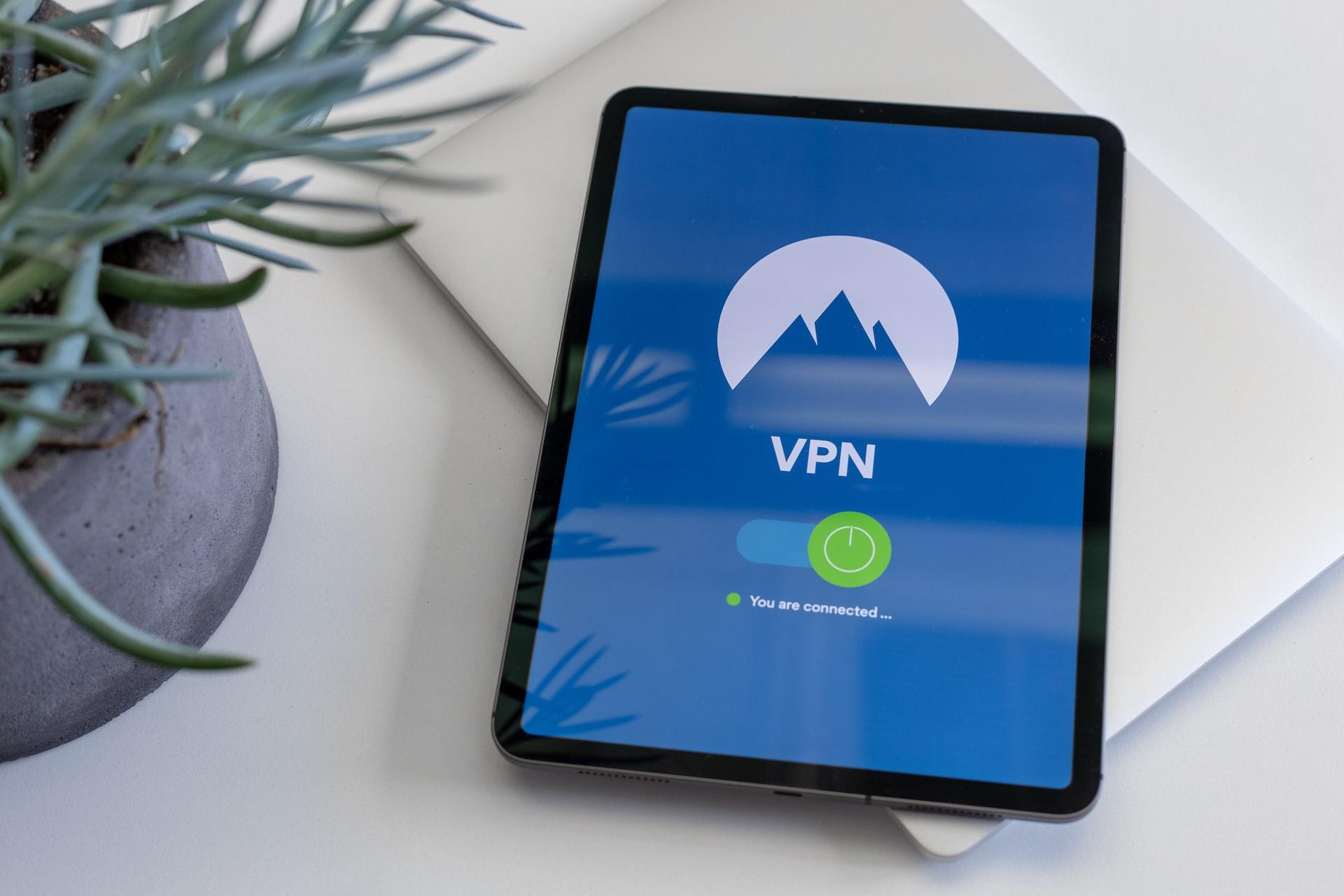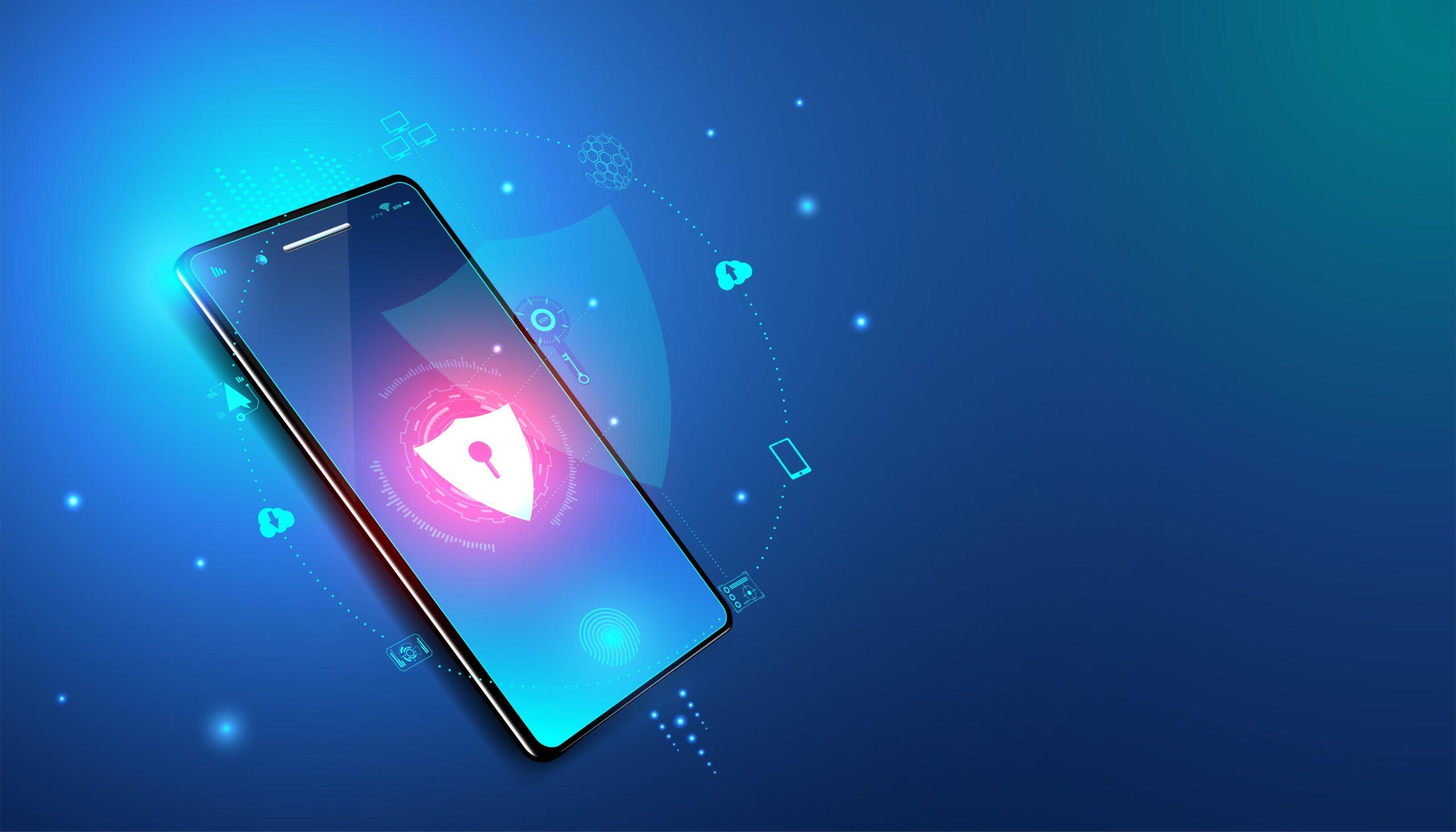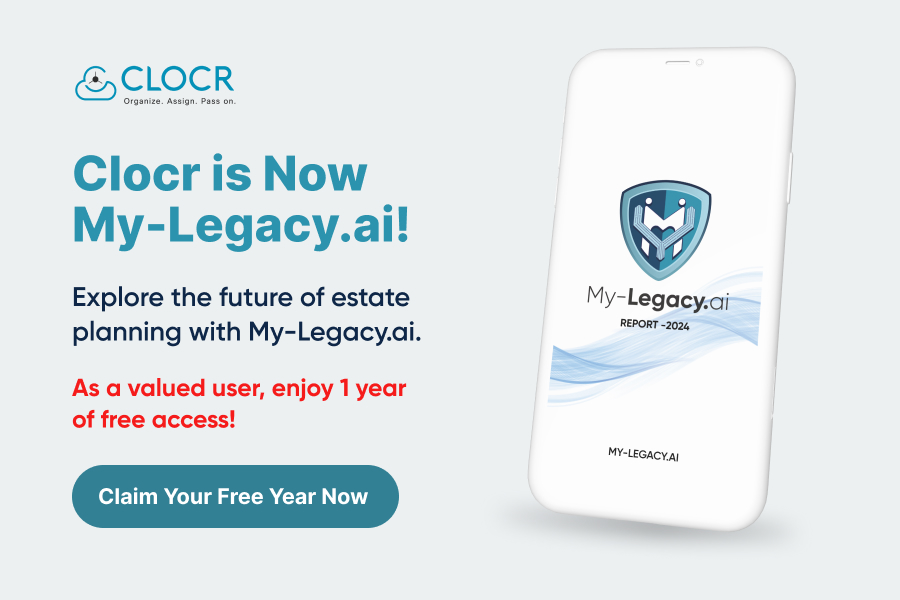The internet is the most extensive global information base. And the US internet market leads the space with 33 million users. Also, with the advent of a digital era, we are bound to leave more digital footprints while accessing the internet. Hence, privacy in the digital age is paramount. Reportedly, a hacking attack occurs, on average, every 39 seconds over the internet. Moreover, safety and digital privacy are interlinked. A secure and robust system is safer, impenetrable, and less vulnerable to cyberattacks.
This blog explains digital privacy meaning and effective ways to achieve privacy.
What is Digital Privacy?
Digital privacy or internet privacy protects an individual’s information created or used on the internet through a computer or a mobile device. Digital privacy involves protecting sensitive personal information from third parties, such as your name, date of birth, residential address, and bank account details.
In brief, digital privacy consists of strategies and techniques to prevent leaking your data to the public. It is a broad concept and entails protecting your and the business’s confidential information.
Types of digital privacy
Individual Privacy
Individual privacy consists of protecting a person’s information from the public. The information can be personal, financial, health, or location. VPN and routing are good ways to keep your data and activities confidential.
Information Privacy
Information privacy is about sharing your information without leaking it to undesired individuals. Moreover, it involves how data is collected and transmitted among entities. Privacy in the digital age is at stake due to surging data breaches and malicious access by intruders. Hence, it is essential to use strategies to defend your data.
Communication Privacy
Communication privacy involves protecting your information while communicating on the internet through calls or messages. Communication privacy means the message should reach the intended recipient without intermediate interception. A data breach can occur if someone intercepts your messages without your knowledge or if you send the message to the wrong recipient.
Why is Digital Privacy important?
If you wish to understand the importance of digital privacy and security, consider what happens after a data breach of your sensitive information. The intruder might exploit your information to acquire benefits without your knowledge. In some cases, the intruders can even manipulate and exploit the data against you. Furthermore, the unauthorized use of data can lead to severe consequences.
On the other hand, if the hackers breach your organization’s server, the client’s information might be at stake. So, privacy intrusion might affect the organization’s sales and overall growth.
Types of security breaches
- Cookies proliferation
- Phishing attacks
- GPS Functionality breaches
- Unsecured browsing
How can I improve my digital privacy?
The following are the ways to improve privacy protection:
Password-protect your computers and phones
A password and security key is the defensive barrier for your system. Password-protecting and encrypting your laptop protects your confidential data even if you lose your system. Moreover, you require a password and security key to access your data. In the case of phones, use a biometric login and a strong passcode that is impenetrable by hackers. Also, switch on the phone’s location settings for easier tracking when lost or stolen.
Think before you hit the suspicious links
Hackers often conceal malicious codes within suspicious links in emails or websites. Hence, please think twice before clicking these links and download data only when you are sure about its safety.
Deactivate the save password feature
Websites often prompt you to activate the save password feature. Although the feature is helpful, considering the endless list of passwords to remember for different websites. But, it has severe consequences if your laptop or phone is lost or someone else hacks into your browser login. Furthermore, it risks the confidentiality of your data and the privacy of your system. Also, avoid saving financial info like card details on shopping websites.
Use private browsing
Private browsing is one of the valuable and popular features of web browsers. Moreover, the web browser doesn’t track your browsing activity in private mode. Private browsing is helpful while logging into websites or performing financial transactions where your sensitive information is at stake. Google Chrome’s incognito mode and Microsoft Edge’s InPrivate are good examples of private browsing.
What are five ways to achieve privacy?
Digital privacy is a broad subject. Moreover, there are different ways to achieve privacy and create a defensive layer around your system. The strategies revolve around the medium of exchange, securing software and extensions, and deleting unwanted applications invading your privacy.
The following are examples of digital privacy:
Secure your online accounts
With the advent of the digital era, social media has become a digital haven for online users. Reportedly, we post one-third of our lives on social media. However, are our social media accounts secure? Be mindful of what you share online. That said, utilize the privacy settings of social media accounts – which posts are visible to what kind of users, whether your profile is searchable, and if others can tag you.
Further, using a password manager to create and remember important passwords is essential to protecting digital security and privacy. Most importantly, use 2-factor authentication – password and secret code for accessing your accounts. Therefore, securing your accounts from hackers and identity theft.
Switch to a more secure browser
A browser is a medium through which an online user retrieves information. Hence, ensuring that your browser is secure is essential for online privacy. Websites track your location, browsing activity, and personal information for their benefit.
Moreover, these websites and companies figure out and create your supposed profile targeting you with various ads. Using an HTTPS extension of the website ensures that the site is safe from attackers and personal data breaches.
Use authentic, updated antivirus software.
Malicious software can harm your computer and disrupt your valuable data. The virus can invade your system in different ways, such as through suspicious links, annoying pop-ups, and scanning your personal information. So, if you browse the internet extensively, or share your computer with someone else, install good antivirus software. Furthermore, updating your antivirus periodically and ensuring it protects your system is essential.
Secure your data with a VPN
A Virtual Private Network(VPN) provides protection whenever you use public Wi-Fi. A VPN encrypts the traffic and hides your IP address, ensuring digital data protection. It is a good alternative when the website’s HTTPS extension is unavailable. Data encryption creates a tunnel for transmitted data while using public Wi-Fi.

Purge unwanted apps from your system
Applications are programs created for a specific purpose or functionality. But, over time, we tend to pile applications on our desktops and mobile phones. Besides, sketchy apps might threaten online privacy and inject malicious code from the backdoor. On the other hand, specific applications track your location and obtain personal information.
So, when these applications request access to your personal information, location or photos, think twice before accepting. Deleting unwanted and suspicious applications is essential for digital data protection.
How Clocr can help you with digital privacy?
Clocr is a revolutionary digital tool for estate planning. Functioning in the digital arena, Clocr provides the following services to protect your digital privacy:
1. Digital Estate
Is a will complete without including your social media accounts, NFTs, cryptocurrency, and online streaming accounts? Clocr’s digital estate services help you to manage and organize your online accounts. Most importantly, you can manage them all in one place. You can assign beneficiaries who can access the accounts after your death.
Also, you can nominate an executor to assign your digital assets to the beneficiaries upon your death. Managing a digital estate is more complex than other assets because it involves confidentiality and privacy protection. That said, Clocr’s services are RUFADAA compliant – per the privacy laws. So, you can pass your digital legacy to the next generation without apprehension.
2. Social media Will
Social Media is an inevitable fragment of our lives. And protecting your social media accounts is essential, considering the increasing number of identity thefts. Clocr’s social media will help to pass your digital legacy to the next generation. Clocr’s services focus on clarity of the decedent’s wishes, compliance with digital security and privacy laws, and passing on your legacy.
So, you can decide whether to memorialize your account or delete the account on your death. Social media will cater to influencers, online business owners, and anyone with a social media account.
3. Digital Vault
Besides documenting the disposition of digital assets in the will, Clocr provides a digital vault – a cloud locker for securing information and documents. Clocr’s digital vault works on the patent-pending security system and digital shredding technology. Moreover, you can secure your will, trust, medical, financial, and insurance documents in the vault. Easy access management, flexible file-sharing options, and an ultra-secure mode for sensitive information are the unique features of the digital vault.
Conclusion
Communication and sharing of data are elementary. But while exchanging information maintaining digital ethics and privacy of data is paramount. Hence, you should adopt healthy practices to protect your system from intruders and avoid sharing your sensitive information online. As the age-old adage goes, ‘prevention is better than cure; take precautionary steps such as installing antivirus software and using a VPN while using public Wi-Fi.
We at Clocr help you in creating your digital estate. Clocr’s digital estate manages your online accounts and information. Moreover, it also covers your internet utility accounts, cryptocurrencies, and NFTs. Above all, Clocr maintains your digital privacy and security while passing on the digital estate to your loved ones. Besides, Clocr also provides you with digital time capsule services, where you can create scheduled audio and video messages for your family and friends. So, to create your legacy with Clocr, Join Clocr today!




